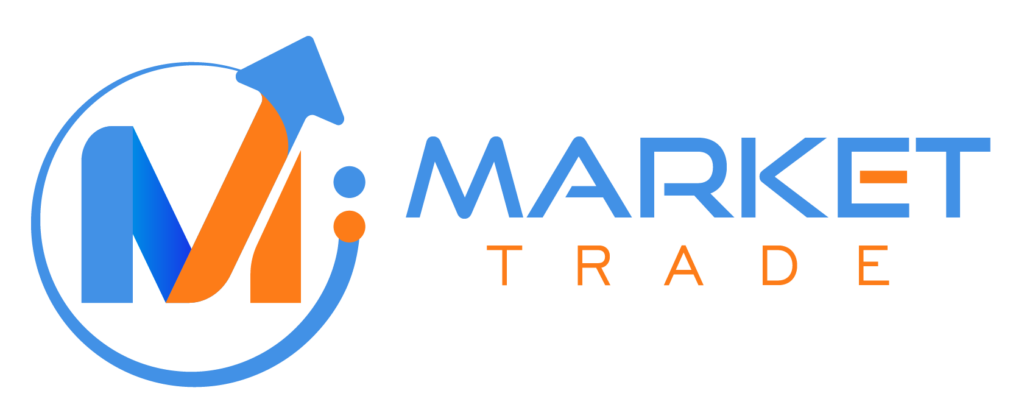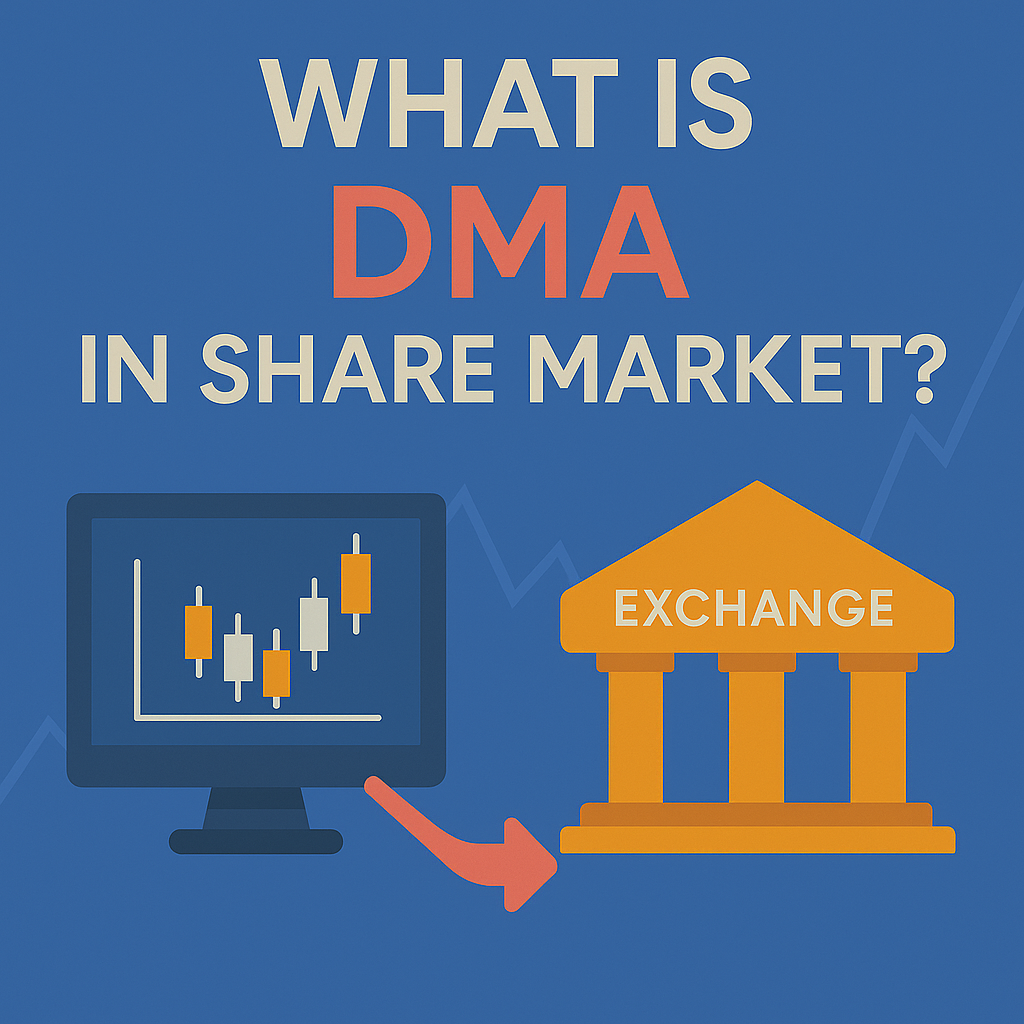What is DMA in Share Market?
If you’re stepping into the world of trading and keep hearing the term DMA, don’t worry—you’re not alone. Most retail traders have the same question:
👉 “What is DMA in the share market, and does it affect me?”
Let’s decode this concept in simple, human terms and show you how it fits into the broader trading picture.
1. What is DMA in Share Market?
DMA (Direct Market Access) allows investors and traders to place their orders directly into the stock exchange’s trading system—without manual intervention from brokers.
In short: with DMA, you skip the middleman and your trades are executed faster, smarter, and with more transparency.
2. How Does Direct Market Access Work?
With traditional trading, you send an order to your broker, who then routes it to the stock exchange. This adds a time delay and sometimes, a bit of human error.
With DMA, once you hit “Buy” or “Sell” on your trading platform, your order goes directly to the exchange—automatically and instantly. This technology is used mostly by institutional investors, high-frequency traders, and hedge funds.
3. Who Can Use DMA in India?
In India, SEBI regulates and allows registered institutional traders and some large-volume individual investors to access DMA services through SEBI-approved brokers.
To use DMA in India, you generally need:
-
A high trading volume
-
An account with a DMA-enabled broker
-
Risk management systems and technical compliance
So while it’s not directly accessible to every retail investor, understanding it still adds value.
4. Benefits of DMA Trading
DMA offers several powerful benefits:
-
⚡ Faster trade execution (milliseconds matter in intraday trading)
-
📉 Lower cost per trade by skipping broker intermediation
-
🎯 Precision trading with custom algorithms
-
🕵️♂️ More privacy and control over large trade orders
-
📊 Useful for arbitrage and high-frequency trading (HFT)
5. Risks and Limitations of DMA
Of course, DMA isn’t all upside. There are some concerns too:
-
Requires advanced trading tools and infrastructure
-
May expose you to technical errors if algo orders malfunction
-
Not ideal for casual or low-volume traders
-
Access is restricted and regulated
That’s why it’s typically used by traders who are more technical, well-capitalized, and experienced.
6. Should Retail Traders Care About DMA?
Even though most retail traders may not use DMA directly, the concept is still worth understanding because:
-
DMA orders can affect market prices quickly
-
Some brokers may offer semi-DMA models for tech-savvy retail traders
-
DMA shapes the way algorithmic trading works today
In other words, while you may not have DMA access, your trading strategies might still be influenced by it.
7. Final Thoughts
Understanding what DMA is in the share market helps you appreciate how advanced, fast-paced, and tech-driven modern trading has become. Whether you’re a beginner or growing your skills, this knowledge will keep you ahead of the curve.
In today’s markets, speed and strategy are everything—and DMA is a tool that embodies both.




